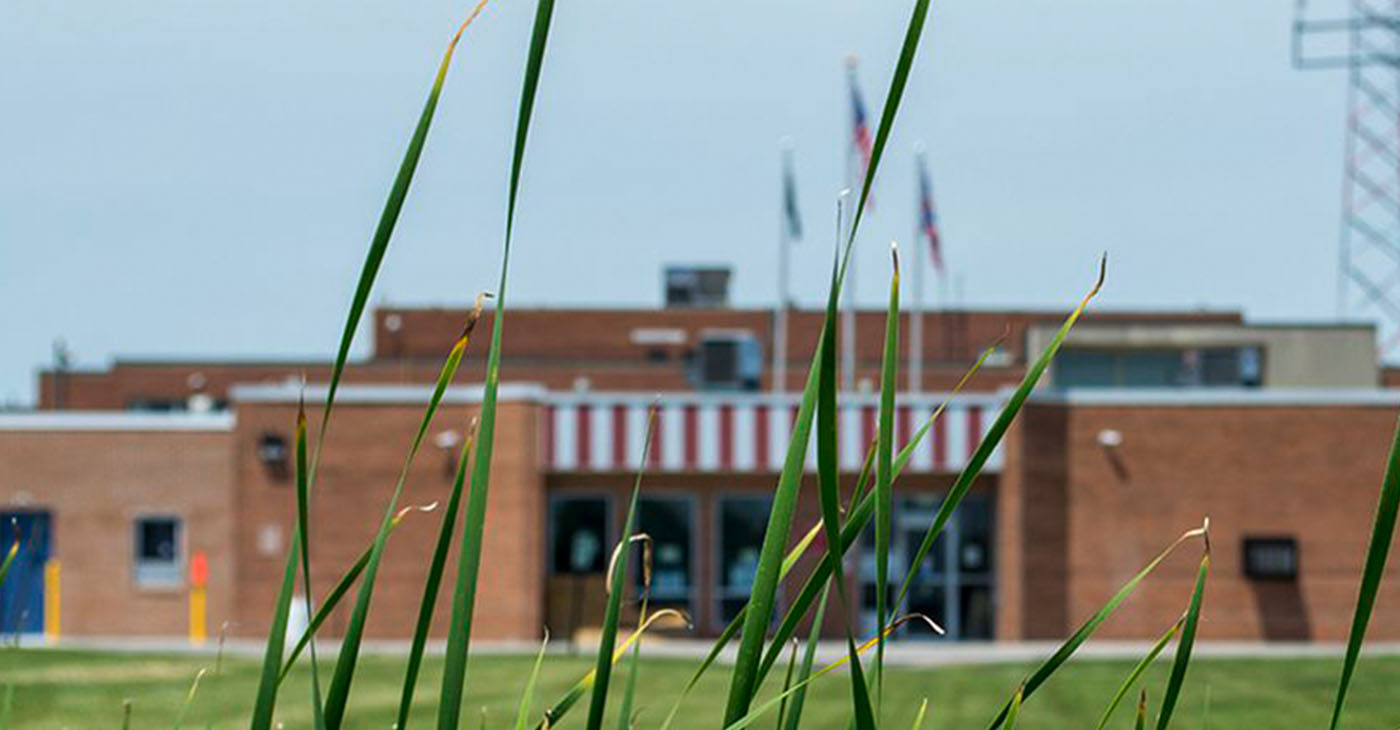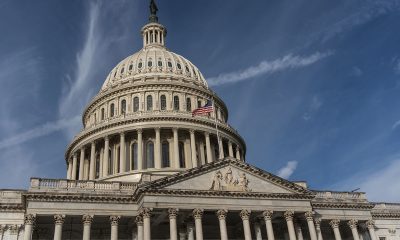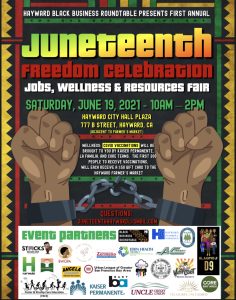By Dan Yount, The Cincinnati Herald
The largest-known coronavirus hotspot in the country isn’t in New York or California: it’s the Marion Correctional Institution, an Ohio state prison about 50 miles north of Columbus.
According to state data that is updated daily, for Marion Correctional, as of May 1, staff members who reported positive results are 175; COVID-19 related staff deaths are 1; staff who have recovered are 98; units in quarantine include the full institution; inmates in quarantine are 430; inmates in isolation are 2016; inmates currently positive for COVID-19 are 2016; probable COVID-19 related deaths are 0; confirmed COVID-19 related deaths are 8; inmates who have pending results are 190; and inmates who have recovered are 69.
In the Ohio prison system, as of May 1, 6375 inmates have been tested; 937 tests are pending; 4072 tested positive; and 1906 tested negative.
Thus, more than 95 percent of the population at the minimum- and medium-security facility at Marion have tested positive for COVID-19. Combined, almost 16 percent of Ohio’s total coronavirus cases come from the Marion prison.
Gov. Mike DeWine ordered that every inmate at Marion and two other prisons be tested. Many of those who tested positive showed no symptoms.
Yet, the situation at Marion is worse than any correctional institution in the country.
Interviews conducted by cleveland.com with inmates and activists reveal a number of reasons they say are to blame, including lags in getting test results, inadequate cleaning, no social-distancing measures, and intense strains on their mental health.
Prisons, by their very nature, are some of the most vulnerable places to infectious outbreaks, as they contain a large group of people forced to remain in close quarters, with limited access to medical care. At Marion, some inmates are assigned to cells, while others are assigned to a dorm – a large room filled with bunk beds for dozens of people.
“There is no social distancing,” said Jonathan White, a 44-year-old Marion inmate from Cincinnati serving 15 years to life for murder, told cleveland.com. “You can’t get away from it.”
Inmate Emrie Smith also spoke to cleveland.com, saying he has been in the gym, where there is no social distancing, and after 8 p.m. there is only one toilet available for about 200 men.
White said prison officials didn’t start moving to isolate sick inmates until the disease spread throughout the population.
However, JoEllen Smith, a spokesperson for the Ohio Department of Corrections in Columbus, told the Herald preparations to keep the virus out of the prison began in early January. Also, ODOC officials have been conferencing with correctional officials in other states for best practices information during the entire outbreak. Smith provided a comprehensive list of conditions enforced at Marian and other state prisons to reduce the cases of the disease.
“There is so much anxiety about what is going on here with people’s health,” White added. “We view ourselves as an expendable population. So, when you see these types of numbers that are happening to us in prison, it’s almost expected – like, they (the authorities) don’t care.”
When asked why Marion in particular has so many COVID-19 cases — more than the rest of Ohio’s prison system combined — state prisons spokeswoman JoEllen Smith gave this answer:
“The Ohio Department of Rehabilitation and Correction has taken an aggressive and unique approach to testing, which includes mass testing of all staff and inmates at the Marion Correctional Institution, the Pickaway Correctional Institution, and the Franklin Medical Center (which is Ohio’s medical facility for inmates),” Smith stated in an email. “Because we are testing everyone – including those who are not showing symptoms – we are getting positive test results on individuals who otherwise would have never been tested because they were asymptomatic.”
Smith stated that after testing, inmates who show symptoms are immediately placed into isolation.
As for cleaning supplies, Smith stated that chemical boxes are delivered daily to each prison area, and the amount of disinfectant has been increased during the coronavirus crisis.
As for mental-health services, Smith stated that the state’s prisons agency offers “a full continuum of mental-health care within our facilities” using social distancing guidelines and proper personal protective equipment.
State prison officials are also developing plans to increase the use of tele-services for mental-health care if necessary, she stated.
Dozens of protestors stood outside Marion Correctional Facility Saturday holding signs to show support for their loved ones inside.
“I’m here fighting for my son’s life,” said Sabrina White, whose son, Richard Williams, has been incarcerated at Marion for over a year now. He has four more years left on his sentence.
In a Marion Star report, “Just recently, we have inmates in here that can’t even walk and breathe because of the virus,” said Austin Cooper, who has served over half of his six-year sentence for aggravated burglary and assault. “Medical just keeps sending them back out here to the camp, talking about they can’t do nothing for them.”
Inmate Jimmy Dzelajlija, who is serving a 17-year sentence for robbery and aggravated robbery in Cuyahoga County, talked to 5 On Your Side investigators by phone about the situation inside Marion Correctional.
He said despite being tested Friday, he has not received the results of his COVID-19 test.
“That’s the aggravating part, they won’t tell us,” said Dzelajlija. “We don’t know with the numbers that high, we don’t know if we’re the ones who have it.”
Numbers from Ohio’s Department of Rehabilitation and Correction show more than three out of every four inmates in the prison are infected.
“They passed out masks, we have little these little face masks that we wear,” said Dzelajlija. “Really, that’s to be honest, that’s it. We’re supposed to practice social distancing, but it’s impossible. My neighbor is literally three feet away from me, both sides, and behind me. There’s no way to practice social distancing here.”
“The frustration is building and building and building among everybody in here,” he said. “And tempers are flaring up on just the slightest provocation.”
“I saw the numbers and I just broke down bawling,” said Azzurra Crispino in a report in the Marion Star newspaper.
Dr. Amy Acton, the director of Ohio’s Department of Health, echoed that.
“As we know, there is a significant amount of the population who are really being carriers or vectors without even realizing it,” Acton said.
And that’s what scares Crispino. She said even if you don’t care about the health of inmates, the threat of workers contracting the virus and carrying it outside prison walls and into the community is real.
“The virus doesn’t distinguish between why the person is in that facility,” said Crispino. “From the virus’ perspective, they are still eligible hosts.”
It’s why she believes it’s time for the state to seriously look at reducing its prison population to try and slow the spread of the virus.
“This is a human rights travesty and public health crisis,” said Crispino.
Department of Correction Director Chambers-Smith was part of the Governor’s press conference April 30.
“Individuals who test positive are placed in an area of the facility, which is separate from the general population. Also, our comprehensive testing approach of staff and inmates has assisted us in identifying asymptomatic individuals who have tested positive who can now be isolated from others in order to prevent further spread.
DRC’s preparation began for the potential impact of COVID early this year, Smith said. This included tabletop exercises and frequent discussion with counterparts across the county. Director Chambers-Smith presented during a national webinar the best practices in preparation for COVID for correctional facilities.
DRC continues to work closely with the Ohio Department of Health in implementing operational changes as we address the challenges associated with COVID-19, Smith said.
Smith said DRC has taken extensive steps in response to COVID, including but not limited to:
- Prior to COVID-19, as part of our normal infectious disease control efforts, we routinely offer annual influenza vaccines to all offenders in our prison who wanted one, and especially targeted our at-risk and chronic care caseloads.
- We have issued numerous communications to our staff and inmates, including education about COVID-19 and reminders to engage in aggressive hand washing and social distancing where possible.
- The prisons have sanitation crews who frequently disinfect common surfaces with a chemical effective against COVID-19 in line with public health recommendations.
- We are using technology and other methods to reduce staff and offender gatherings including using tele-conferencing for our new officer training.
- We implemented a text messaging system for staff to be able to easily check in with their loved ones while they are at work as cell phones are not permitted within the facilities.
- A family phone number and email address have been established and published to help answer questions about the impact COVID-19 is having on our operations. Individuals can email the DRC atcovid19@odrc.state.oh.us or call 614-728-1142.
- We have implemented COVID-19 specific health screening for all inmates entering our prisons.
- Volunteer activities and visiting have been suspended.
- Only staff and mission critical contractors are permitted into the facilities. Health screenings are in place for staff and contractors who are entering the facilities/offices.
- Staff and the incarcerated population are permitted to wear protective masks.
- We have suspended travel for all state employees to only tasks that are mission critical.
- The director issued an executive order to county jails regarding the screening of inmates before being transferred to our reception centers.
- Reception inmates will be housed in the same area by date of arrival for a minimum of 5 weeks to monitor them for any symptoms.
- Inmate work assignments, which are not on state property, have been suspended.
- Most facilities are serving two meals per day – a hot brunch meal and a hot evening meal. This is being done to ensure we have less movement and less contact to reduce the potential spread of COVID-19. Commissary prices are being reduced as well to assist residents in being able to purchase food and other goods.
- State Highway Patrol is providing perimeter security at three facilities.


 #NNPA BlackPress4 weeks ago
#NNPA BlackPress4 weeks ago
 #NNPA BlackPress4 weeks ago
#NNPA BlackPress4 weeks ago
 #NNPA BlackPress4 weeks ago
#NNPA BlackPress4 weeks ago
 #NNPA BlackPress4 weeks ago
#NNPA BlackPress4 weeks ago
 #NNPA BlackPress4 weeks ago
#NNPA BlackPress4 weeks ago
 #NNPA BlackPress3 weeks ago
#NNPA BlackPress3 weeks ago
 #NNPA BlackPress4 weeks ago
#NNPA BlackPress4 weeks ago
 #NNPA BlackPress4 weeks ago
#NNPA BlackPress4 weeks ago


























































Pingback: Inmates, Staff Worry About Care as Marion Prison Becomes One of Largest COVID Outbreaks in US – The Digital Informer